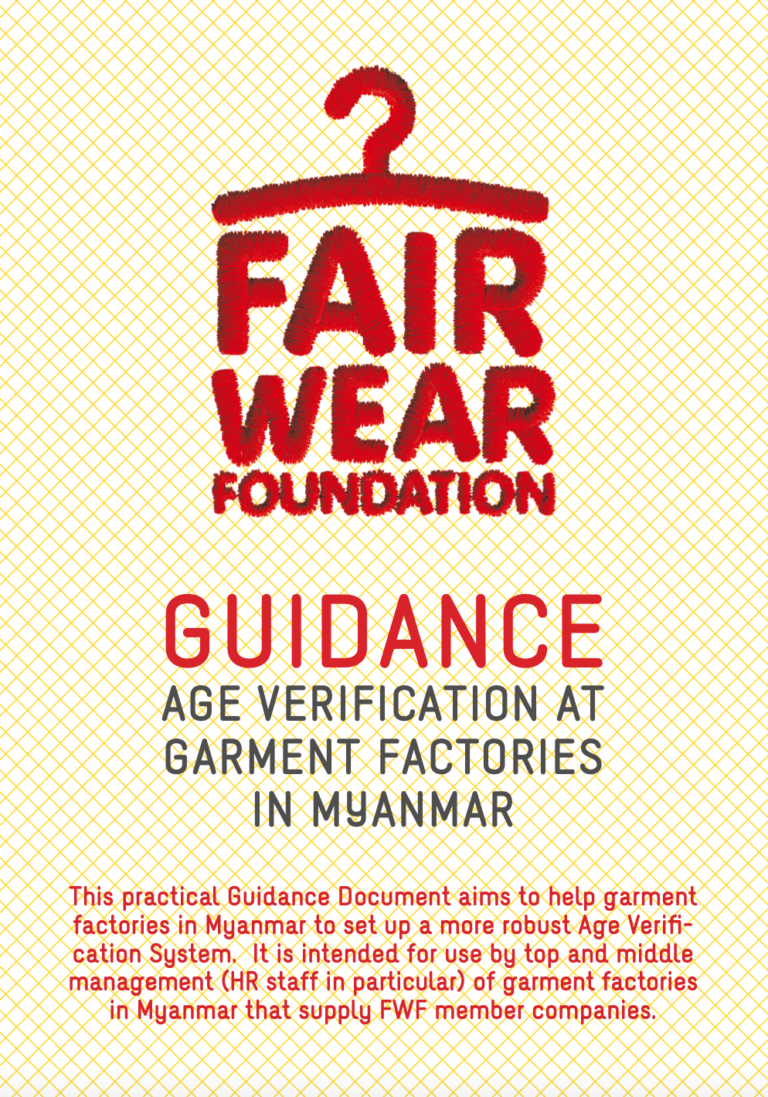Appropriations Guide
Online ToolsGuidanceGood PracticesThis regularly updated website includes links to different reports and guides produced by the Alliance to End Slavery & Trafficking (ATEST), all of which provide funding recommendations to Congress to fight human trafficking. You can...Read More

